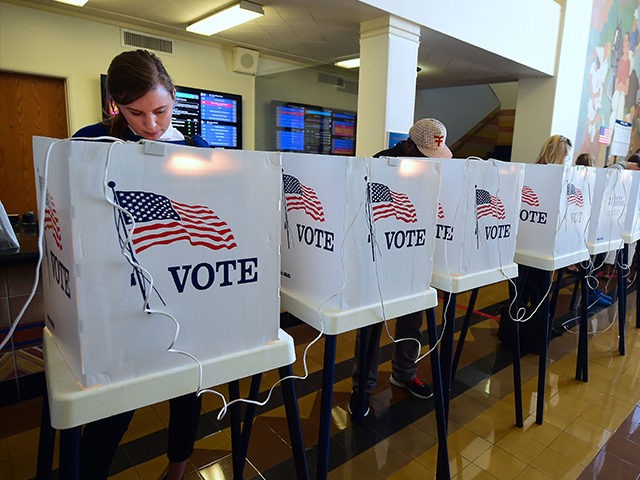Facebook Vice President Ron Goldman tweeted Friday that the Russian ad buys on the popular social media platform were not to sway the outcome of the election, contrary what to media coverage was suggesting.
Goldman said he was “very excited” to see the special counsel indictments issued Friday against 13 Russians and three Russian entities who were involved in an elaborate effort since 2014 to sow discord within the United States using social media to foment partisanship and organize protests.
But he said there were key facts about the Russians’ actions that are “still not well understood.”
He said although most of the news coverage of Russian meddling involves their attempt to affect the “outcome” of the 2016 elections, he has seen all of the Russian ads and he could say “very definitively that swaying the election was *NOT* the main goal.”
In fact, he said, the majority of the Russian ad spending happened after the election — which “very few outlets have covered” because it “doesn’t align with the main media narrative.”
“The main goal of the Russian propaganda and misinformation effort is to divide America by using our institutions, like free speech and social media, against us. It has stoked fear and hatred amongst Americans. It is working incredibly well. We are quite divided as a nation,” he said.
“The single best demonstration of Russia’s true motives is the Houston anti-islamic protest. Americans were literally puppeted into the streets by trolls who organized both the sides of protest,” he said.
Goldman linked to a news story on how Russian online trolls organized both sides of an anti-Islam protest.
Breitbart News also found one of the ads mentioned in Mueller’s indictment, for an event called “Support Hillary. Save American Muslims,” showing that not all the ads were anti-Clinton and pro-Trump.
Goldman also linked the Russian campaign to a recent New York Times story about Russian spies attempting to sell a fake video of Trump with a prostitute to the National Security Agency.
CIA Director Mike Pompeo has called the story false, but confirmed that U.S. agents were trying to get some intelligence from the Russians.
Goldman said there are “easy ways” to fight Russian disinformation, calling for a well-educated citizenry, and pointing to Scandinavian countries who have dealt with Russian disinformation campaigns for years.
“There are easy ways to fight this. Disinformation is ineffective against a well educated citizenry. Finland, Sweden and Holland have all taught digital literacy and critical thinking about misinformation to great effect,” he said.
Goldman said Facebook was taking aggressive steps to prevent additional meddling in the future, by requiring verification of political advertisers and by making all ads on the platform visible to anyone who cares to examine them.
Goldman’s statement was embraced by President Trump, who retweeted two of Goldman’s tweets.
Goldman was also slammed by Trump’s critics who accused Facebook of trying to defend itself. He responded to Twitter commenters individually after his statement. In his statement, he also tweeted a link to Facebook’s findings in October 2017 on the ad buys.
The findings said an estimated 10 million people in the U.S. saw at least one of the more than 3,000 ads — about seven percent of the 139 million who voted in the 2016 elections.
They also said 44 percent of the ads were displayed before the election, and 56 percent were after the election. About 25 percent of the ads were never shown to anyone, they said.
For half of the ads, less than $3 was spent. For the rest, less than $1000 was spent, they said. Five percent of the ads also appeared on Instagram.

COMMENTS
Please let us know if you're having issues with commenting.